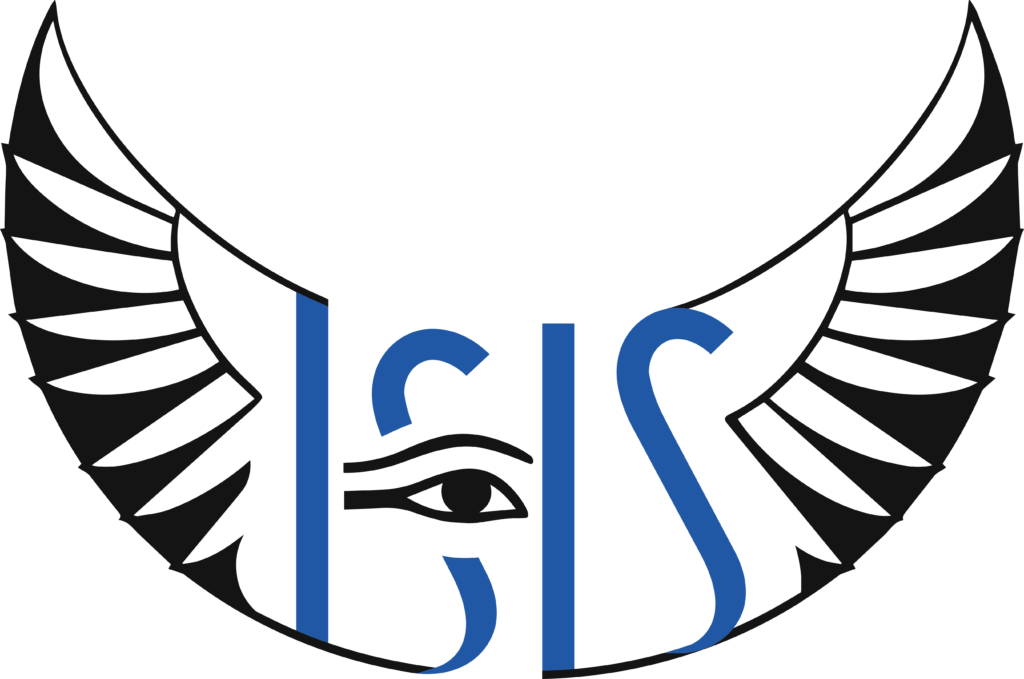- Can you tell us about your academic career so far and what led you to choose this area of research?
I have always liked science, math in particular. I decided to begin my academic journey with an integrated dual degree, which focused on engineering & physics, and I joined an Indian Institute of Technology (a very competitive group of engineering schools), in Varanasi, away from my hometown. There, the academic environment and the facilities were excellent and I was really able to develop my scientific interests. Soon, I became fascinated by quantum mechanics and technologies, such as quantum computing. I was able to carry out several research internships in different leading research institutes in India, which only reinforced my interest in the topic. I really enjoy the interdisciplinary nature of quantum science, which bridges physics, computer science and mathematics, offers many endless innovation opportunities but also helps understand fundamental physics.
After my engineering degree, I wanted to continue in quantum and pursuing a PhD was definitely on my list. I also wanted to gain experience abroad, increase my cultural exposure. I got to know Professor Pupillo’s work during my internships, from the literature but also from my supervisors at the time. I applied to the QUSTEC programme (MSCA programme coordinated by the EUCOR network) and was selected.
- What does the research environment at ISIS/CESQ bring you (professionally and personally)?
The research environment at ISIS-CESQ has been invaluable: I have gained insights from being in this quantum-focused community and the constant collaboration between theorists and experimentalists has really broadened my perspective. The pioneering quantum computing project carried out at CESQ, even though I am not directly involved, is extremely stimulating. I have also had the chance to work with the startup hosted at CESQ (QPERFECT), which helped me explore the industry side of quantum computing. The international setting is another aspect I really enjoy. All these opportunities have helped me to grow as a researcher.
One sentence has stuck with me from the moment I entered ISIS-CESQ, a sentence that I keep written on my whiteboard at home: “researchers here are totally free and fully responsible”. This was a powerful insight into a very different scientific culture from what I had experienced before and I find it very encouraging - it promotes an atmosphere of trust and independence and gives me more freedom and confidence to delve into my research.
- What are your wishes and plans after your PhD?
Over the past four years, I think my ambitions have been even more reinforced to stay connected to science. But since I also come from an engineering background, I would equally enjoy doing application-oriented research. I think that opens up even more opportunities for me both in academia and industry.
- What do you like about your life in Strasbourg/Alsace?
I like the city very much – it’s a perfectly sized town, neither too big or not very small and very well-connected. I feel also comfortable with the locals, who have always been friendly with me. I haven’t really felt such a big cultural shock, I was just very excited and curious to explore the different aspects of the culture, such as food (that was a big change, overall very positive!) and of course, the Christmas traditions.
- If you were to name the one thing you are most proud of (career-wise or in your personal life), what would it be?
It is difficult to point out one thing. I think it is every step that I took, which make me proud of where I stand today. My supervisor encourages me to take more credit for myself, which is something I am slowly learning to do!


![[Translate to English:] [Translate to English:]](/websites/_processed_/f/2/csm_IMG_isis-Vineesha_1758d5085c.jpg)
![[Translate to English:] Fondation Jean-Marie Lehn](/websites/_processed_/9/4/csm_logo-fondation-lehn_24043a5484.png)
![[Translate to English:]](/websites/_processed_/7/4/csm_signature-federation-chimie-uar2042_8414e733c6.png)
![[Translate to English:]](/websites/_processed_/8/8/csm_logo-europe_567626666f.jpg)
![[Translate to English:]](/websites/_processed_/e/0/csm_logo-grand-est_d7796e66f0.png)